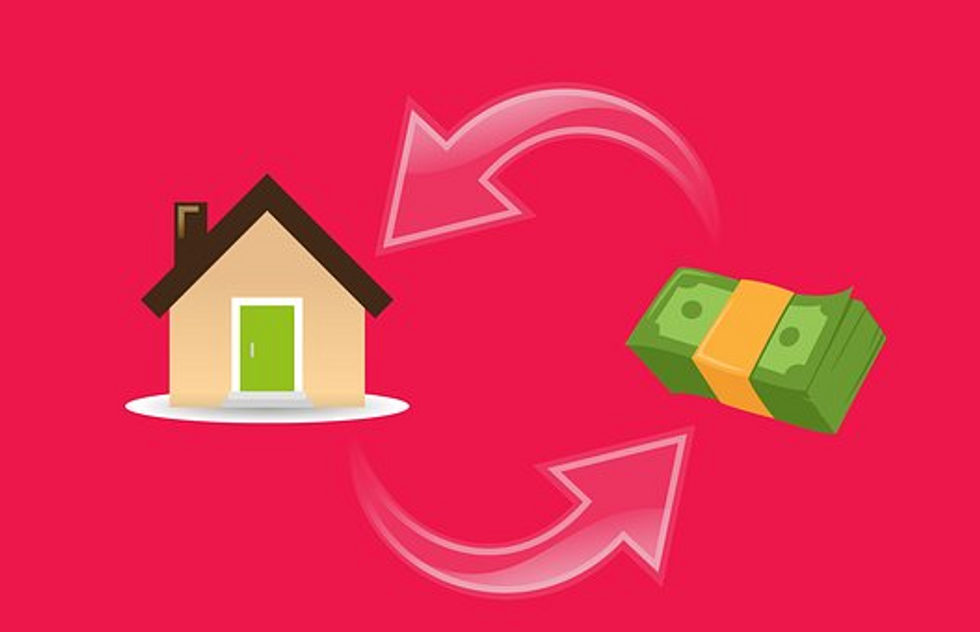Getting your dream home might just be the ultimate goal out there for many people, and for good reason. Life isn't exactly perfect, and it can get quite turbulent at times, more than we'd like to admit. This is why it helps when you have somewhere to go back to, a place you can call home. Having your dream home is like having a sanctuary, a place you could always fall back to, no matter how dark it gets out there. Yet, unfortunately, getting a home is not easy for many people. To get a dream home, you need money –– probably a loan. And getting a loan on a contractor's income isn't easy, but it's not impossible. This is how you can do it.
Why is it hard?
Many banks think that contractors have volatile jobs, and their income is not steady. This is why they might feel reluctant to give away any loan in these cases. While this isn't true, it's how banks view the contractor job and you need to work your way around this in order to get that home loan.
How do you make money?
The first step in getting a loan as a contractor is determining how you even get paid. Contractors get paid in several different manners. The thing you need to determine is, are you a self-employed contractor or do you have a fixed contract? Then you need to know if the duration of that contract is long or short because banks will want this piece of info. You can read more here about this particular detail as it's probably the most important step in your way to getting a loan. The type of money you get and the associated benefits go a long way in getting you that loan.
The paperwork
Once you've got a grip on which end of the spectrum you are on in terms of contractual pay and benefits, it's time to do the paperwork. A bank wouldn't be prone to giving out any loans unless you can provide some documents they'll definitely want to get their hands on. You'll need everything like pay slips, tax returns, bank statements, HR letter, invoices, and so on, so you could ensure the bank that you have a steady job and a fixed income.
The bank will also need to learn about your contract, and how much remains in it. It's not a deal breaker if it ends in a few months, but they'd have to check previous employment history to understand your employment patterns. If they feel good about that, there's no reason why it shouldn't work out.
You first have to be able to calculate how much money you make, because if you leave that to the bank, things might go sideways. Then, it's important to determine what you want from this loan. How much money will get you where you need to be? It makes no sense getting involved in a loan that you don't entirely need, so be very specific on how much money you exactly need. The interest rates on these loans from banks aren't exactly cheap, and you want to be sure you're getting just the amount you want to build your dream home.




 StableDiffusion
StableDiffusion StableDiffusion
StableDiffusion StableDiffusion
StableDiffusion Photo by
Photo by  Photo by
Photo by  Photo by
Photo by 
 Photo by
Photo by  Photo by
Photo by  Photo by
Photo by  Photo by
Photo by  Photo by
Photo by 









